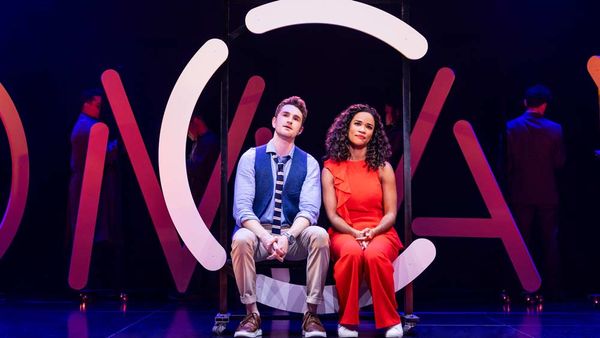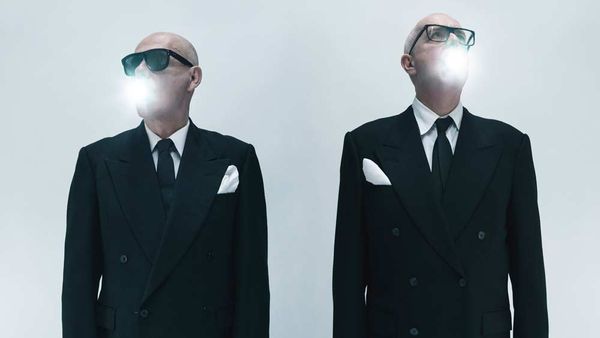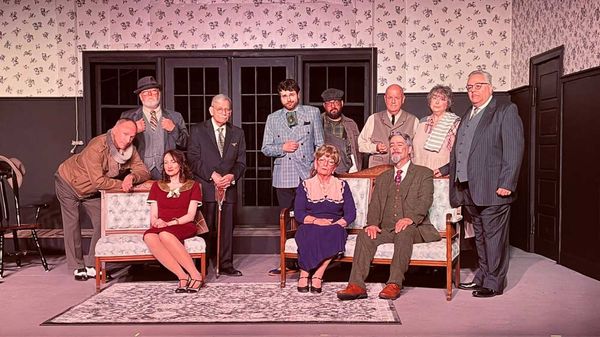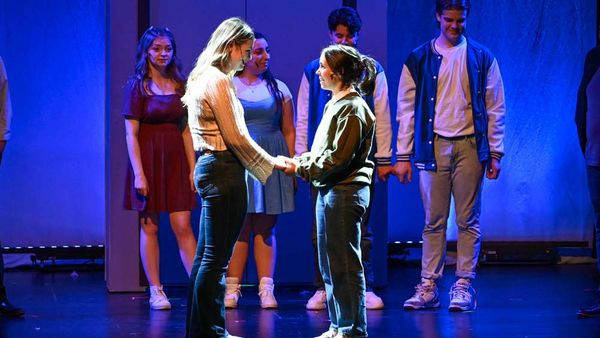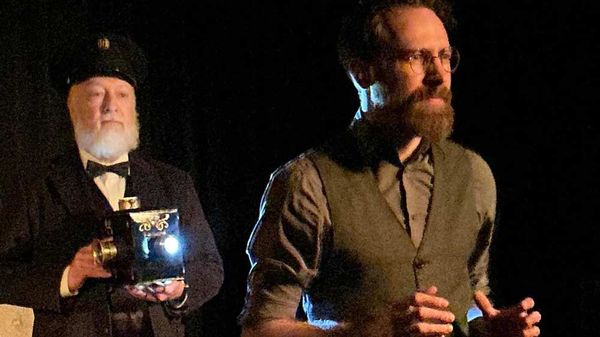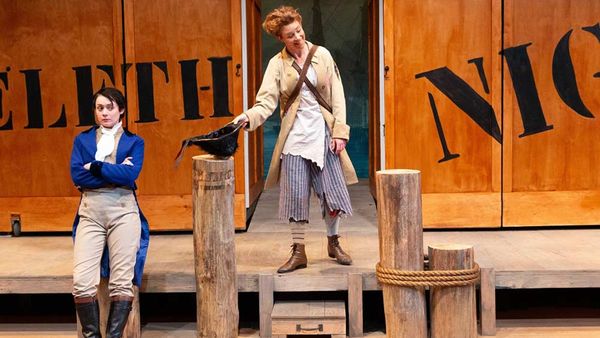
December 7, 2018
The Marriage
Roger Walker-Dack READ TIME: 2 MIN.
LGBT movies made in Kosova are a rarity. (Are there any others besides "The Marriage," the debut feature from Kosovian filmmaker Blerta Zeqiri?) It's inevitable that coming from a country still torn apart by strife, and a deeply homophobic culture, a film such as this would not be allowed a happy ending. It's hardly a spoiler to acknowledge this up front when the film is set in a culture where it's not only illegal to be homosexual, but it's nigh on impossible to be openly gay and survive.
Zeqiri's film combines a powerful indictment of her country's troubling political climate with a most tender and touching love story. "The Marriage" will have you reaching for a box of Kleenex more than once.
The film is raw from the start, beginning: Bekim (Alban Ukaj) accompanies his fiancee Anita (Adriana Matoshi) to a freezing cold receiving facility on the Serbian border. The latest round of unclaimed bodies from the war has been exhumed in the hopes they can be identified. They've come to see if Anita's parents, who have been missing since the war, are among the dead. Not finding Anita's parents, they drive back home with an unspoken fear that she never will find out what happened to them.
A flashback shows how the two first met. Anita was at Bekim's bar; he made a move on her; they happily ended up in bed. Now their impending marriage is a chance for Anita to move forward and start her own family.
When they get back home they discover the arrival of Nol (Genc Salihu), Bekim's best friend who had left Kosova two years earlier to live in France and become a successful musician. The three of them hang out and get drunk together, but over the next few days, Anita senses that Nol's presence has unsettled Bekim. Moreover, it has changed things between the two of them.
When Anita demands an explanation from Bekim he allows her to believe that Nol is mourning the loss of his sister, Zana (Vjosa Abazi); in actuality, the great love Nol is missing is Bekim himself.
Bekim is torn between being with the real love of his life - Nol - or doing the right thing by Anita and marrying her. Given the culture he's been brought up in, and the lack of any real prospect of leaving that culture, Bekim doesn't see himself having a choice.
As much as our sympathy automatically lies with the two men, Zeqiri also subtly points out that Anita, too, is a victim; she's marrying a man who doesn't really love her.
Zeqiri shoots the scenes between Nol and Bekim with an extraordinary tenderness, which will probably shock her fellow Kosovians. In fact, they also lead relatively comfortable lives which are in sharp contrast to the Serbs caught in midst of the conflict and who still fear for their lives.
Superb performances from the three main actors resulted in them winning a special award as an ensemble at a Film Festival recently.
"The Marriage" is an exceptional and thought-provoking drama that makes a fascinating contribution to contemporary queer cinema.
Roger Walker-Dack, a passionate cinephile, is a freelance writer, critic and broadcaster and the author/editor of three blogs. He divides his time between Miami Beach and Provincetown.


